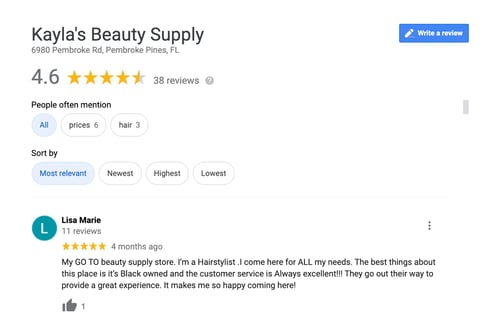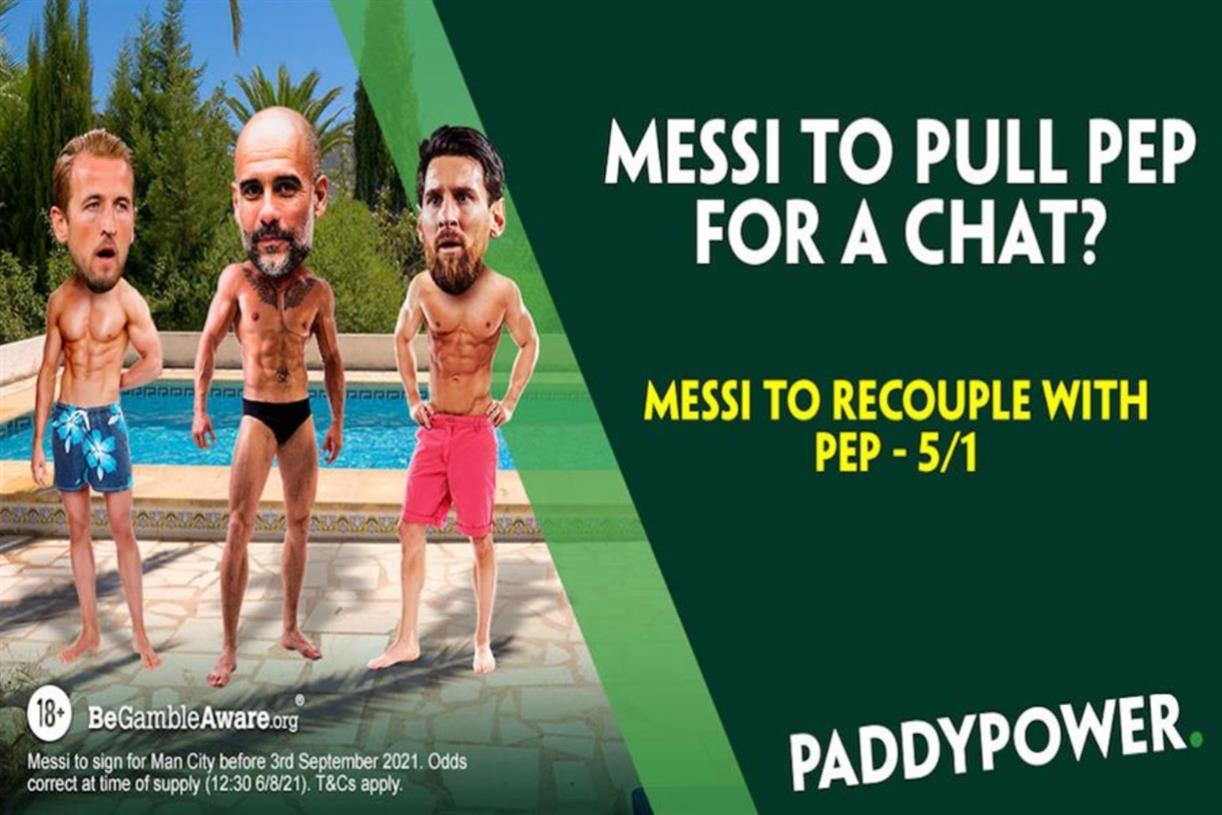3 Ways to Leverage Brand Champions for Your Business
In our personal lives, we all want people who champion us.

In our personal lives, we all want people who champion us. If we're lucky, that will start with our family and extend to our friends and significant others. In an ideal work environment, our managers will also champion us and help us climb the ladder. There's nothing better than having people cheering for you on the sidelines and advocating for you in the rooms you're not in. As a business owner, you also want that level of support for your brand. That's where a brand champion comes in as someone who promotes your business and helps grow your loyalty base. Let's dive into why you need a brand champion, how to get one, and how to incorporate it into your marketing strategy. A brand champion is someone who is responsible for promoting your brand and building support for it internally and/or externally. It's not a formal role and isn't limited to one person. A brand champion can be business owners, brand ambassadors, a chief brand officer, employees, and customers. Depending on the size of your business, you may have one or several champions. Sometimes, that role is embedded in your staff's responsibilities. For instance, an employer brand specialist is responsible for promoting a company's culture and benefits to outside candidates. That, in itself, is a type of brand champion, as their role is centered around campaigning for your brand. You can say the same for brand ambassadors who partner with businesses to promote them and generate leads. A key difference to note here is that there is typically a contractual obligation for ambassadors to promote your brand. Champions may be incentivized to do so, but they're not required to celebrate your brand. In a small company, the business owner can be the brand champion, motivating employees internally and networking externally to gain more customers. The key takeaway is that anyone can be a brand champion, and the more champions your brand has, the stronger it will be. To be a brand champion, there are a few key characteristics and traits you must have. A brand champion should: One place where you might want to start looking for brand champions is with your employees. Studies show that how businesses treat their employees plays a big role in how trustworthy they seem. Especially in times of crisis, consumers look at how brands treat their own. Encouraging your employees to become brand champions will require some structural implementations within your organization. You want an environment that creates happy employees because happy employees make great champions who will boost your brand without you even asking. It's like when you love a product you've just bought. You'll find any opportunity to tell people how much you love it – even if you don't have a 10% referral discount code. Start by conducting regular employee net promoter score (eNPS) surveys. This will tell you how satisfied your employees are and let you know how you can better support them. Once you identify opportunities for improvement, be sure to follow through with action to let your employees know their voices are heard and taken seriously. If your company is publicly traded, consider offering your employees restricted stock units (RSUs). RSUs are stocks given to employees as a form of compensation with a vesting schedule that can span anywhere from one to a few years after the employee's start date. Giving your employees an equity stake in your company can build their loyalty to your company and have them invested in its growth. Other ways to turn your employees into brand champions include: Employer branding is a form of marketing in which the target audience is candidates interested in joining your company. However, it can create a very positive perception of your brand to consumers. We've mentioned how important employees are to building brand trust. If consumers think you are mistreating your employees or playing profit over people, this can tarnish your brand image. Your employer branding specialist is the person behind the strategies to showcase your internal brand champions. At HubSpot, we have @HubSpotLife on Instagram, where we post employee takeovers, our Culture Code, and more. It's an opportunity for our employees to tell the world about what they love about working at HubSpot and share their personal experiences. Employer branding is all about giving people an inside look at the benefits of working at your business. Whether you're a small or large business, you probably know who your biggest customer supporters are. You may know them by name or through data you've collected (like NPS surveys). These customers and loyalists are a gold mine when it comes to championing your business. Odds are, they're doing it already through word of mouth. Why not amplify their voices to maximize their impact? One way to do so is by asking your evangelists to leave you reviews on sites like Google My Business, Yelp, and Facebook. Another way to amplify your champions' voice is by offering them custom referral codes. When your champion refers someone to your brand, they and the recipient get a discount on their next purchase. And you gain a new customer – it's a win-win-win. Think of your social media followers as brand champions in training. They already like your brand, that's why they're following you. The more you nurture your relationship with them and build a community, the more loyal they'll become. Eventually, they'll turn into your brand champions. There are countless ways to engage your community on social media, including: Brand champions do wonders for your public image, as they advocate for your brand in a way that doesn't feel like an advertisement. So, nurture those champions and leverage them to further your brand's growth.What is a brand champion?
How to Be (and Gain) a Brand Champion
How to Leverage Brand Champion Marketing
1. Invest in employer branding.
2. Amplify your brand evangelists' voices.
 If you're running a campaign and want to include testimonials, reach out to your top supporters and ask them to participate. You could repurpose those same testimonials for your website, landing pages, and more.
If you're running a campaign and want to include testimonials, reach out to your top supporters and ask them to participate. You could repurpose those same testimonials for your website, landing pages, and more.3. Engage your brand champions on social media.
.jpg?width=550&name=brand-champions-social-media-engagement%20(1).jpg)
Originally published Jun 7, 2021 7:00:00 AM, updated June 07 2021

 Tekef
Tekef 

































